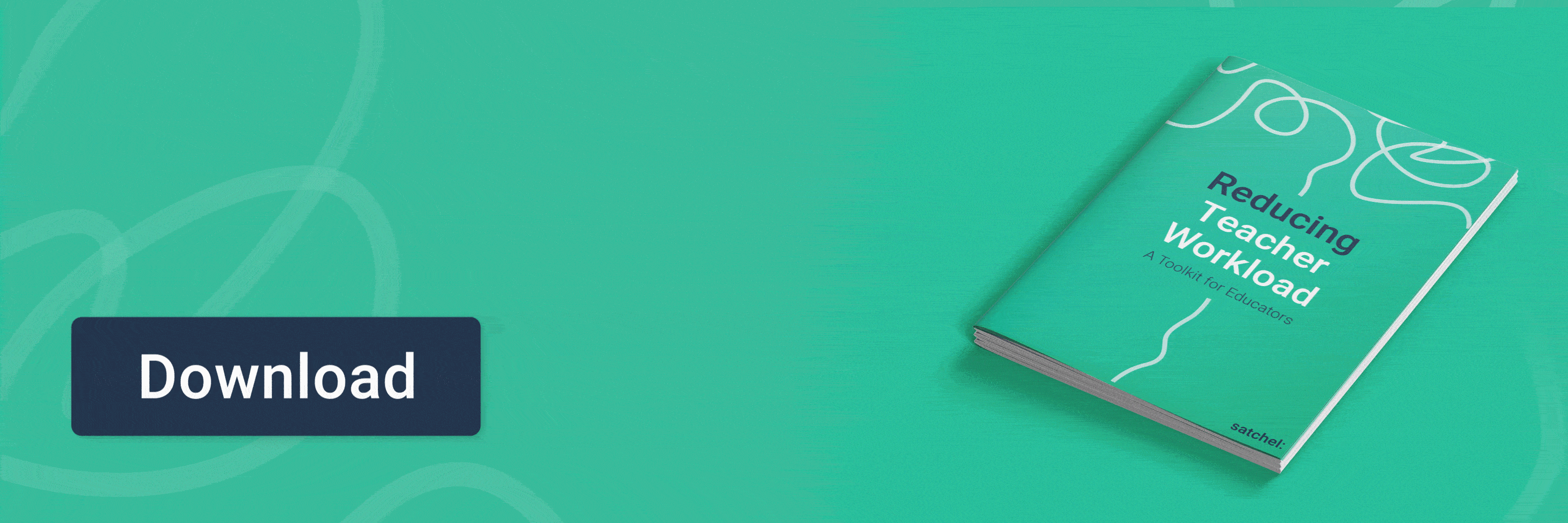Author: Nicola Jones-Ford
Posted: 25 Oct 2019
Estimated time to read: 6 mins
After making a written submission to the call for evidence in the SEND inquiry, I was invited in January to attend a Committee Meeting with other SEND focussed school staff from across the country to talk about the Children and Families Act and how students with SEND had been supported by it. The report was published this week.
The SEND Inquiry Report
If you’re lucky enough to be on half term this week, you may have missed the Education Committee SEND Inquiry Report that was published October 23. The committee has been gathering evidence on this subject for the last eighteen months from students, parents, teachers, headteachers, governors, schools, parent organisations, national charities, Local Authorities, Universities, OFSTED, Minister for Education, Health organisations in the form of written evidence and oral evidence that was gathered at roundtable meetings.
Having submitted written evidence on behalf of my school I was invited to a committee roundtable meeting to give oral evidence along with headteachers, educational psychologists and specialist school staff. In giving this evidence I was heartened by the fact that the MPs on the committee were highly knowledgeable about SEND and were able to ask the right questions to get a wide overview of what actually was happening for students with SEND and how things had changed with the implementation of the Children and Families Act 2014.
With all the collected evidence the report gives a very clear and considered response to the act and how it has been applied in all areas of a student’s life. The report is clear that the Children and Families Act was ambitious and it the right legislation, but the administration in the climate of government savings has meant that the follow through has not realised this act fully and there is still a long way to go before these ambitious plans benefit every student.
The Department (for Education) did not need to preside serenely over chaos for five years to see that things were not quite going as planned.
The Report warned: "Parliament was told that if the reforms were not done properly, the system had the potential to become more adversarial. Not enough was done to prevent this happening. We have a system of unmet need and strain. This unmet need is creating poor broader experiences, for children, young people and their families, schools, colleges and local authorities".
The report indicates that there is a need for a cultural change within the Department for Education, Local Authorities and schools to ensure that the money assigned to SEND was used in the right ways to support students with SEND.
Highlights for school staff
- The need level of SEN support in school has been a neglected area as much of the focus has been on Local Authorities making the transition from Statements to Education, Health and Care plans. This is coupled with the fact that until recently OFSTED has not been focussed on SEND in school and still do not see it as their role to police compliance with the law around SEND in schools, the report recommends that this changes.
- For students at a SEN support level in schools there should have more guidance in the SEND Code of Practice, to give more clarity and help parents make sure that those responsible are accountable. The Department for Education has already committed to reviewing the Code of Practice by the end of 2020.
- “The significant shortfall in funding is a serious contributory factor to the failure on the part of schools and local authorities to meet the needs of children and young people with SEND.” There is a recommendation that Government review the high needs funding and notional funding arrangements so that they are more “forward looking.”
- We do not think that the “Department for Education is taking enough responsibility for ensuring that its reforms are overseen, that practice in local authorities is lawful, that statutory timescales are adhered to, and that children’s needs are being met.” We are concerned that “the Department has left it to local authorities, inspectorates, parents and the courts to operate and police the system. There is a clear need for the Department to be more proactive in its oversight of the way in which the system is operating.” There is a recommendation that parents and other interested parties have a route to complain directly through a local Government ombudsman about the internal workings of school and academies with respect to SEND.

- “A lack of standardisation of the EHCP process and paperwork has created and continues to create a huge burden on schools and other professionals and sense of confusion, further putting pressure on a strained system.”
- "Navigating the treacle of bureaucracy" is an apt way of describing the processes that lead to a student’s needs being met by an Education, Health and Care Plan. The amount of energy and resources that parents need to navigate this system is too high and this disadvantages some students due to their familial circumstances, so is a system that is unfair. A suggestion is that the government consider a neutral role that works with families to support in the Educational, Health and Care plan processes.
- The recognition that the ‘treacle of bureaucracy’ is taking SENCos away from the classroom which is resulting in all SEND students being less supported. It also talks about SENCOs in school playing an increasingly important role as the number of students with SEND increases, the need for support for teachers increases. It recommends that SENCOs need enough dedicated time and knowledge to do “their job well.” The report recommends that every SENCO is well trained and becomes highly knowledgeable as soon as possible after commencing the role.
- Including students in writing their Education, Health and Care plans and making decisions about their support needs to be improved, with the Government’s SEND review looking at good practice and making recommendations.
- “Unless there is a greater focus on supporting young people into meaningful and sustainable employment and independent living opportunities, we are letting down an entire generation of young people, putting greater pressure on the benefits and adult social care system, and creating long term costs that are unnecessary and unpalatable.”
What the future holds for SEND
Inclusion of SEND students should be at the heart of every school and college as it is ensures that all students have their needs not just those with SEND. It is interesting that this does not seem to be reflected in the Department for Education.
“Special educational needs and disabilities must be seen as part of the whole approach of the Department’s remit, not just an add-on. The Department for Education has an approach which is piecemeal, creating reactive, sticking-plaster policies, when what is needed is serious effort to ensure that issues are fully grappled with, and the 2014 Act works properly, as was intended."
Having been involved in giving evidence that has been used to create this report, I feel that it is a fair, concise, detailed picture of the current state of SEND and how Local Authorities, schools and parents have interpreted the changes needed to implement from the Children and Families Act. These changes have not had any real oversight from Government or any accountability for the changes being made and this needs to change as students are losing out.
The report makes strong statements on the current difficulties with the implementation of the Children and Families act and gives well thought out recommendations for ways to adapt the systems to ensure that every student’s needs are met in school.
These are only recommendations to the Department for Education and other interested bodies whether they are acted on only time will tell. Hopefully the SEND review will use this as a broad basis within which to start their work.
Read the full report here: https://publications.parliament.uk/pa/cm201920/cmselect/cmeduc/20/20.pdf


